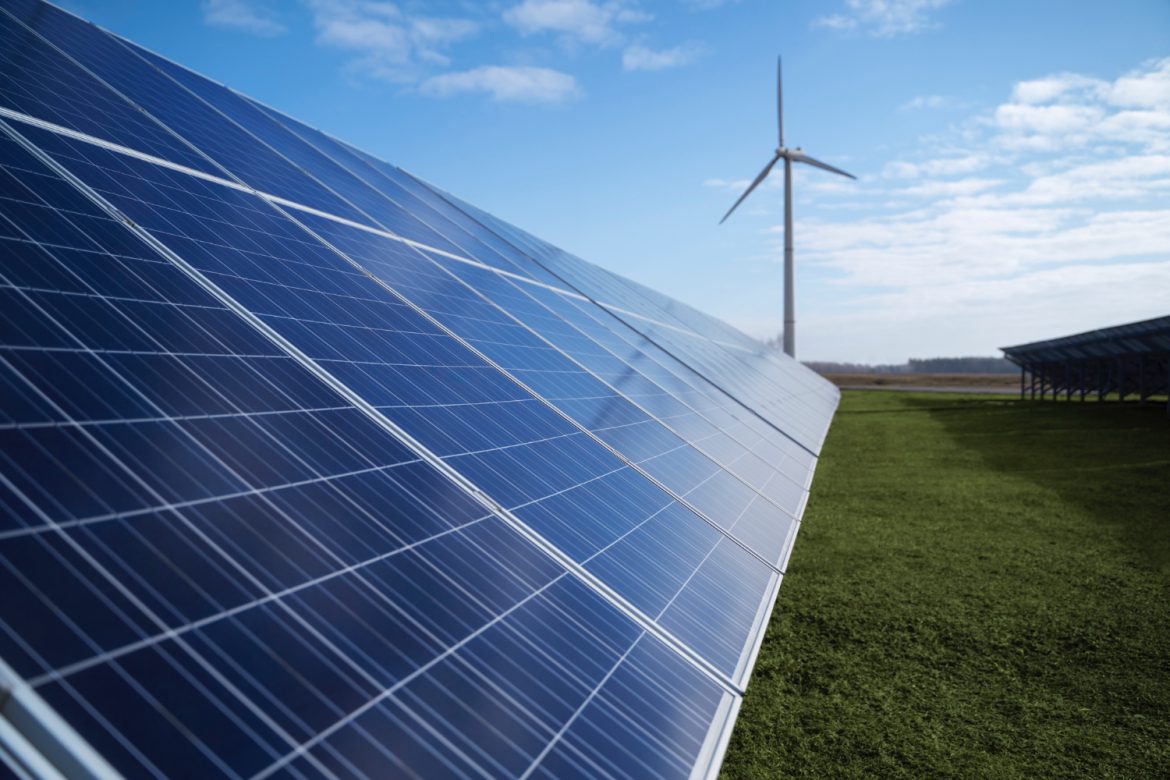KEY POINTS
- The International Energy Agency (IEA) stresses the importance of the next round of NDCs for meeting renewable energy goals.
- The IEA calls for a tripling of renewable energy capacity by 2030 to address climate targets.
- Governments must increase commitments and investments to stay on track with global climate goals.
As the IEA has noted, the next round of Nationally Determined Contributions (NDCs) will be critical in the global effort to triple the capacity of renewable energy by 2030.
As the worldwide economy scrambles to achieve the goals set in the Paris Agreement, the IEA is calling on countries to redouble their efforts and funding for renewable energy as the timeframe for deep transformations shrinks.
The latest report of the IEA has pointed out that the share of renewable power needs to be scaled up significantly especially solar and wind energy for achieving the global climate targets.
The agency is pushing to increase the renewable energy capacity by three times the present capacity within the next six years which would entail a collective, collective and collective effort of governments, industries and investors.
Urgency of scaling renewables
The next round of nationally determined contributions (NDCs) which are country-specific plans stating how countries would decrease emissions and achieve climate goals will point to global preparedness to address the climate crisis.
As per the IEA, the pledges made during this round will define whether the world can remain on track to the Paris Accord target of limiting the global temperature rise to 1.5 degrees Celsius above pre-industrial levels.
Today, most countries are failing to meet the renewable power generation goals that would prevent the worst effects of climate change. To address this deficit, the IEA suggests a much sharper focus on building capacity for renewable energy, phasing out fossil fuels and boosting public and private investments in green technologies.
According to Engineering News, the IEA also points out that political commitment and cooperation are essential to effecting the required changes. If no more forceful steps are taken, the world risks failing to seize the chance to transform energy systems to be far less carbon-intensive and avert the worst effects of climate change.
Pathway to success
The IEA has identified several steps that are required to ensure a fast-track introduction of renewable energy. Some examples include; enhanced policies for executing projects, higher financial commitment for developing countries, and enhancement of methods to store energy and utilize the competencies of the utilities system.
These areas should be addressed in a way that the governments will facilitate the fast expansion of renewable energy sources.
Moreover, the agency notes that although the cost of renewable energy technologies is declining, there are still cost and policy barriers. Tackling these challenges will be instrumental in meeting the IEA’s objective of raising the capacity of renewable power threefold by 2030.
In future, IEA believes that with further cooperation with other nations and enhanced NDCs, the global community can move towards a cleaner energy future and environment.



